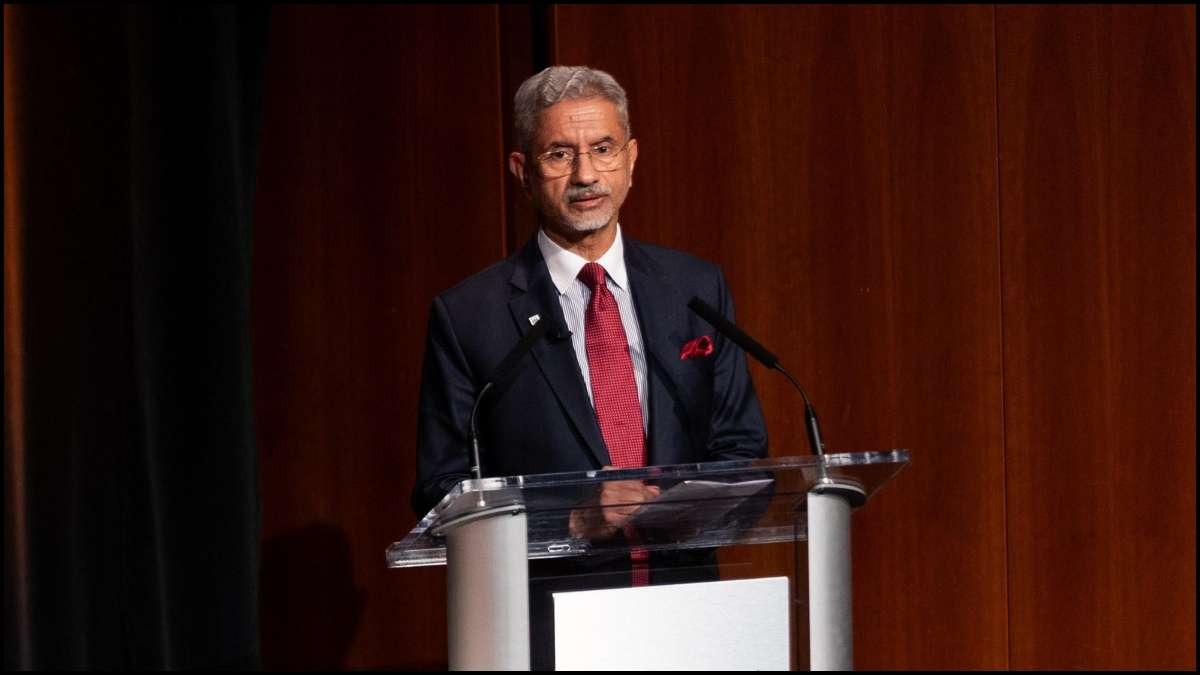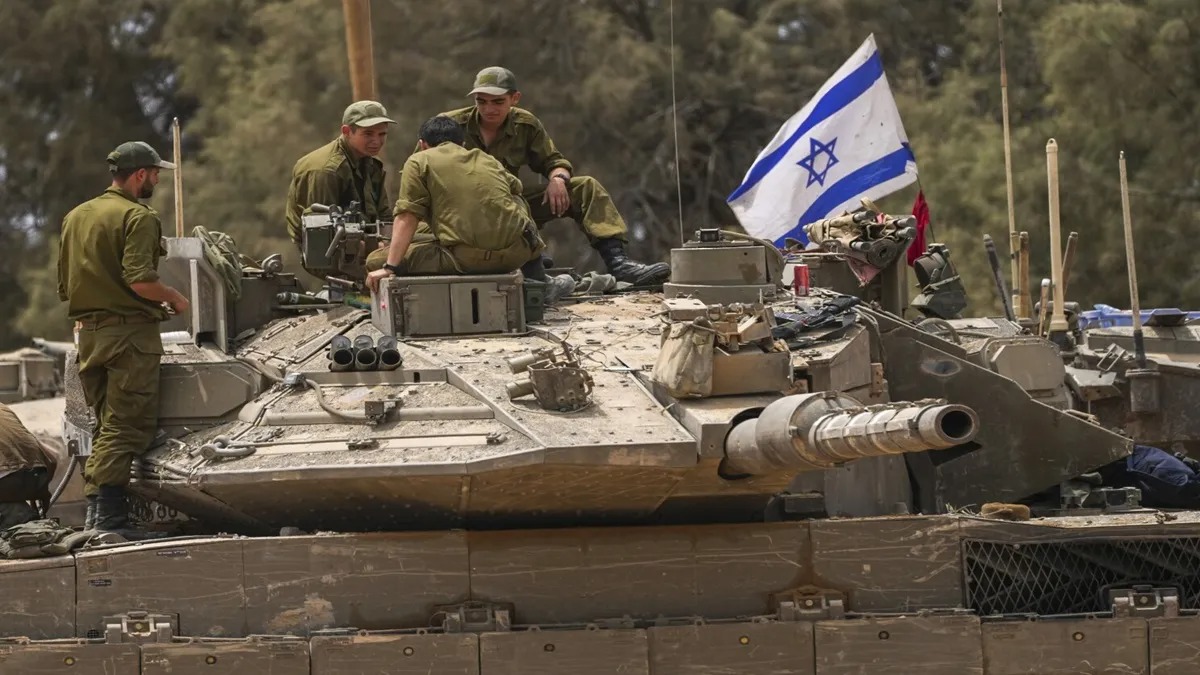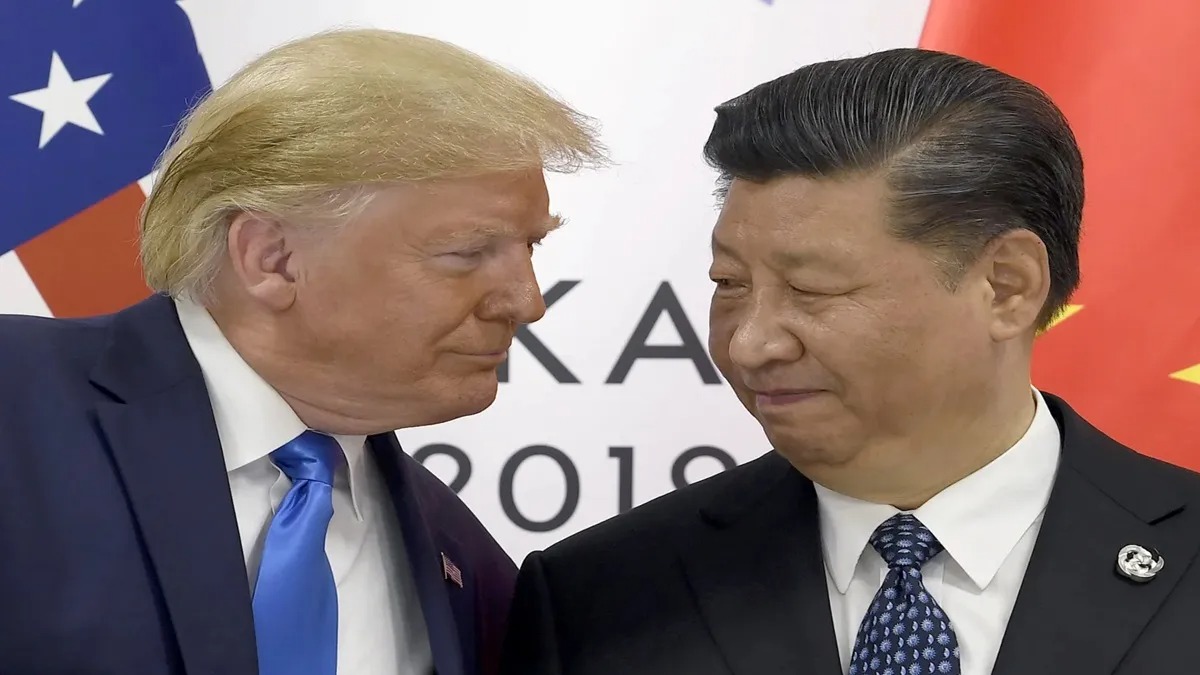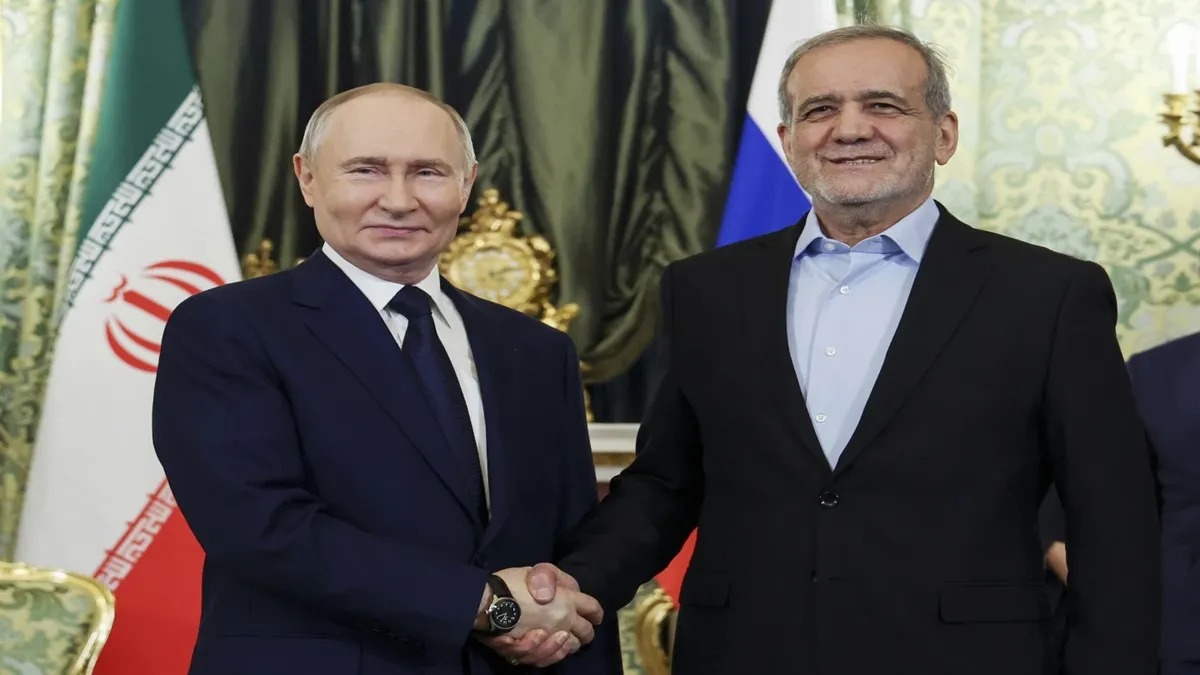
International: External Affairs Minister S Jaishankar, who is representing India at the 79th Session of the UN General Assembly, emphasised that in a multipolar world where change has been stretching the fabric of global order, the key to the future of Asia and the world lies in the relationship between India and China. Jaishankar asserted that India is leading the "cutting edge of change" in Asia.
During his opening remarks at the Asia Society at the Asia Society Policy Institute in New York on Tuesday (local time), the minister said, "Asia is very much at the cutting edge of that change. Within Asia, India is part of leading that change. But that change is today stretching the fabric of the global order...I think the India-China relationship is key to the future of Asia. In a way, you can say if the world is to be multipolar, Asia has to be multipolar."
Jaishankar said currently the relationship between the two countries is "significantly disturbed”. Referring to a "difficult history" with China since the 1962 conflict, he said, "You have two countries who are neighbours, unique in the sense that they are the only two countries with over a billion people, both rising in the global order and who often have overlapping peripheries, including the fact that they have a common border."
"So it's really a very complicated issue. I think, if you look today in global politics, the parallel rises of India and China, present a very, very unique problem," he said. The EAM also remarked that India has to prepare to rise amidst volatility and unpredictability in the global order.
'When I said 75 per cent of dispute resolved...': Jaishankar on border talks
Jaishankar further recalled his recent remarks on 75 per cent of the border talks between India and China being resolved, stating that he was referring to only the 'disengagement' part and that challenges persist in other aspects, particularly concerning patrolling rights along the border. Jaishankar stressed the importance of 'de-escalation' as the next step in improving relations with China.
"So we've been able to sort out much of the disengagement, the friction points, but some of the patrolling issues need to be resolved,” he said, adding that the larger step was "how do you deal with the rest of the relationship". He gave a historical perspective of the relationship and of the border dispute, saying the "entire 3,500 km-border between India and China is disputed".
"Despite the explicit agreements we had with China, we saw in the middle of COVID that the Chinese moved a large number of forces in violation of these agreements to the line of actual control (LAC). It was likely a mishap would happen, and it did. So, there was a clash, and a number of troops died on either side. That, in a sense, overshadowed the relationship," he said.
Jaishankar said the focus for the last four years had been to, in the first instance, at least disengage the troops, meaning that they go back to the camp, the military bases from which they traditionally operate. “Because right now, both sides have troops deployed forward,” he said.
India-China border talks
The Indian and Chinese troops are locked in a standoff in certain friction points in eastern Ladakh even as the two sides completed disengagement from several areas following extensive diplomatic and military talks. India has been maintaining that its ties with China cannot be normal unless there is peace in the border areas. The two sides have so far held 21 rounds of Corps Commander-level talks to resolve the standoff.
Earlier this month, the Chinese Foreign Ministry said troops had disengaged at four places in Eastern Ladakh, including Galwan Valley, and that India and China have agreed during their meeting in Russia to work together to create conditions for the improvement of bilateral relations. This came after Chinese Foreign Minister Wang Yi emphasised in a meeting with NSA Ajit Doval that China and India as two ancient eastern civilisations and emerging developing countries should adhere to independence, choose unity and cooperation, and avoid consuming each other.
Describing India-China relations as "complex" earlier, Jaishankar said the ties were kind of normalised in the late 1980s and the basis for it was that there would be peace at the border. "The basis obviously for a good relationship, I would say even for a normal relationship, was that there would be peace and tranquillity in the border. After things started to take a better turn in 1988, we had a series of agreements which stabilised the border," he said.
--Advertisement--

 Desk
Desk Share
Share






